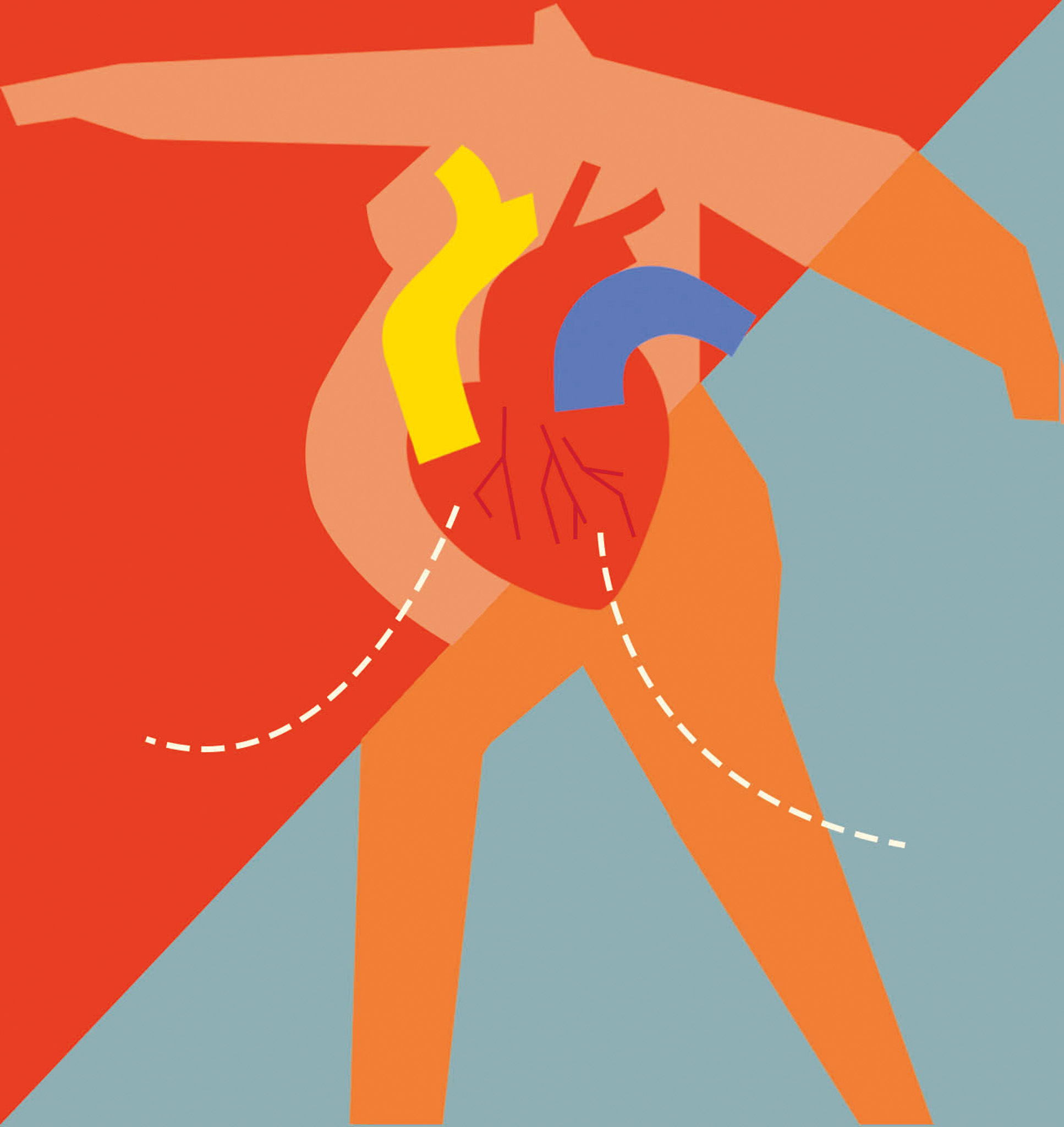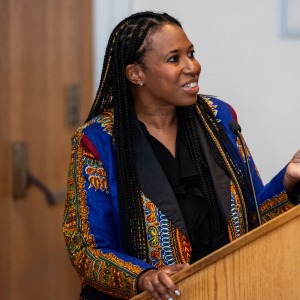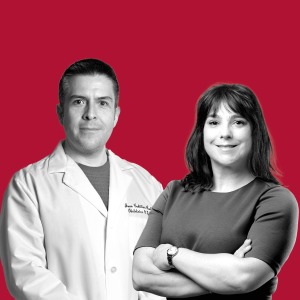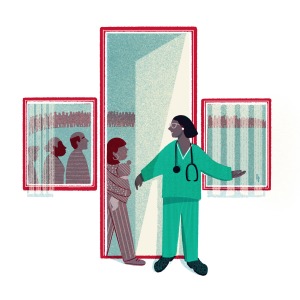The work provides a chance to overcome the dearth of research on pregnant women that has left many important questions unanswered. In 1977, the Food and Drug Administration issued guidelines to exclude “women of childbearing potential” from participating in early-stage clinical trials, partly due to a wave of birth defects in the 1960s caused by the morning sickness drug thalidomide. The agency eventually relaxed the rules to allow research on women who weren’t pregnant, but those who are pregnant are still routinely excluded from most clinical trials and, at times, other forms of research due to their status as part of a “vulnerable population” (a matter under debate in the medical community). As a result, nearly 75 percent of the drugs approved by the FDA since 2000 contain no data about safety or efficacy for pregnant people. This lack of information forces doctors to make educated guesses about whether the benefits of something like a vaccine, mood stabilizer or painkiller outweigh the possible risks to a mother and her developing child.
To begin filling in that knowledge gap, Dr. Osborne and Dr. Martin will analyze de-identified electronic medical record data for mother-infant pairs treated across all of Weill Cornell Medicine’s affiliated hospitals in New York City, including birth and delivery data dating back 10 years. Going forward, and with patients’ permission, the program would enroll women during prenatal care and follow them through the birth, the baby’s hospitalization and, ideally, years into the future if they remain Weill Cornell Medicine patients. Eventually, researchers hope to include biological samples routinely collected from mothers and infants.
This research “is an opportunity to get much more granular and ask many more interesting questions,” says Dr. Laura Riley, chair of the Department of Obstetrics and Gynecology and obstetrician and gynecologist-in-chief at NewYork-Presbyterian/Weill Cornell Medical Center. “Publicly available databases do not generally link mother-baby information, so this is a huge opportunity for Weill Cornell Medicine.”
‘The Numbers Are the Biggest Thing’


























